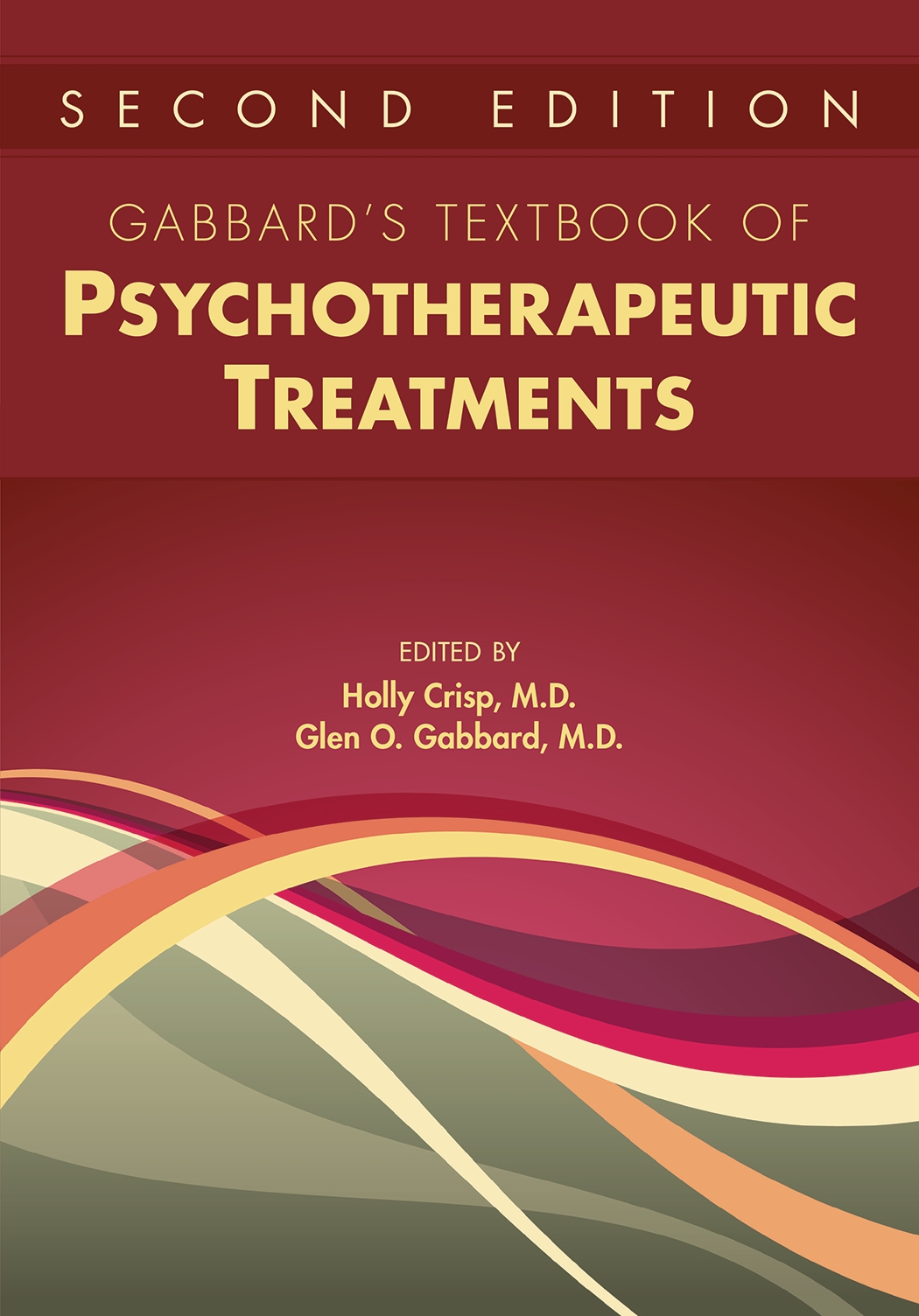Interpersonal Psychotherapy
Excerpt
Interpersonal psychotherapy (IPT) is a proven but underutilized psychotherapy. Developed more than 40 years ago, this manualized brief treatment has been tested in more than 100 clinical trials, with generally positive results that have led to its inclusion in treatment guidelines for mood disorders, eating disorders, and, most recently, PTSD. A fairly straightforward psychotherapy (as psychotherapies go), IPT focuses on the patient’s life circumstances, emotional responses, and connections. It is an affect-focused rather than a cognitive-behavioral therapy. In helping patients to understand, accept, and use their affective responses to handle difficult interpersonal situations, IPT builds self-reflection, social skills, and crucial social support while relieving the target disorder.
Access content
To read the fulltext, please use one of the options below to sign in or purchase access.- Personal login
- Institutional Login
- Sign in via OpenAthens
- Register for access
-
Please login/register if you wish to pair your device and check access availability.
Not a subscriber?
PsychiatryOnline subscription options offer access to the DSM-5 library, books, journals, CME, and patient resources. This all-in-one virtual library provides psychiatrists and mental health professionals with key resources for diagnosis, treatment, research, and professional development.
Need more help? PsychiatryOnline Customer Service may be reached by emailing [email protected] or by calling 800-368-5777 (in the U.S.) or 703-907-7322 (outside the U.S.).



